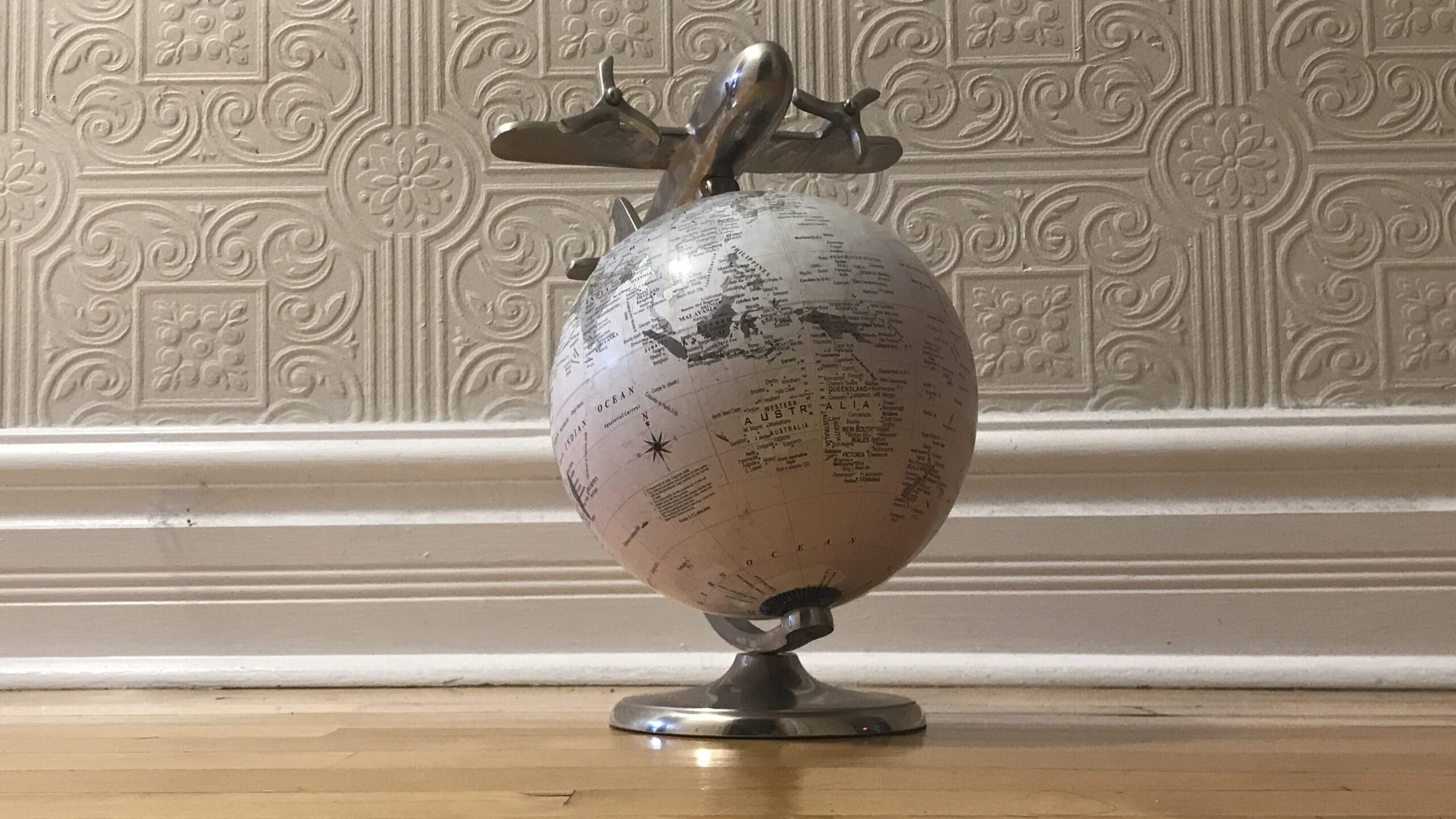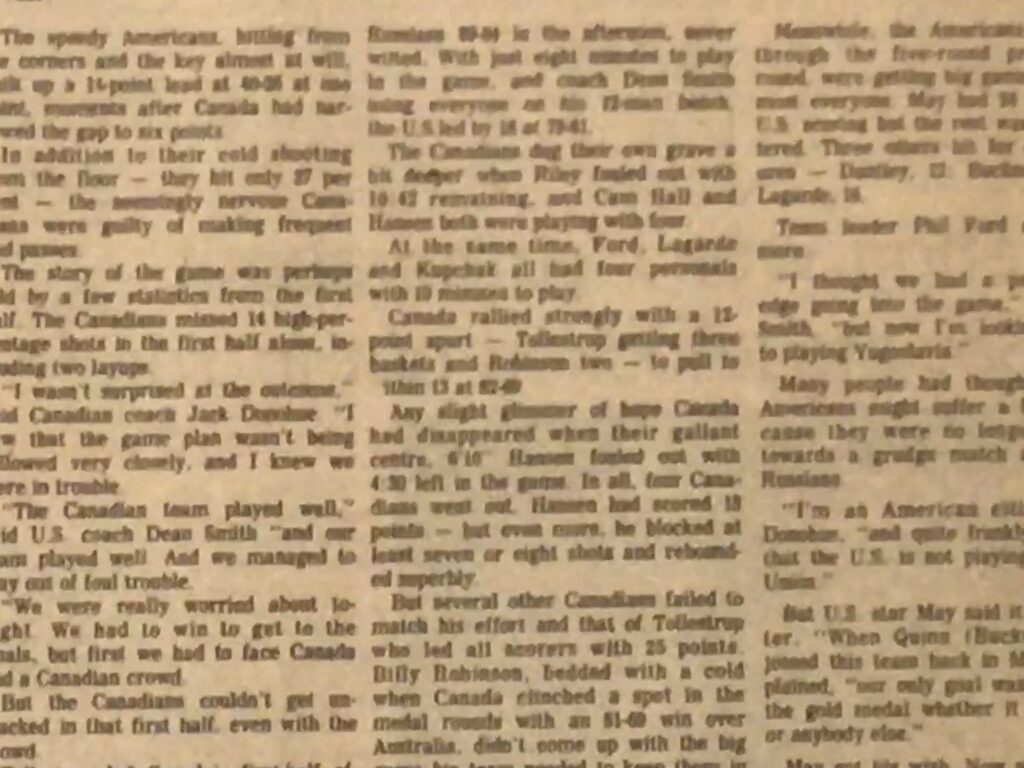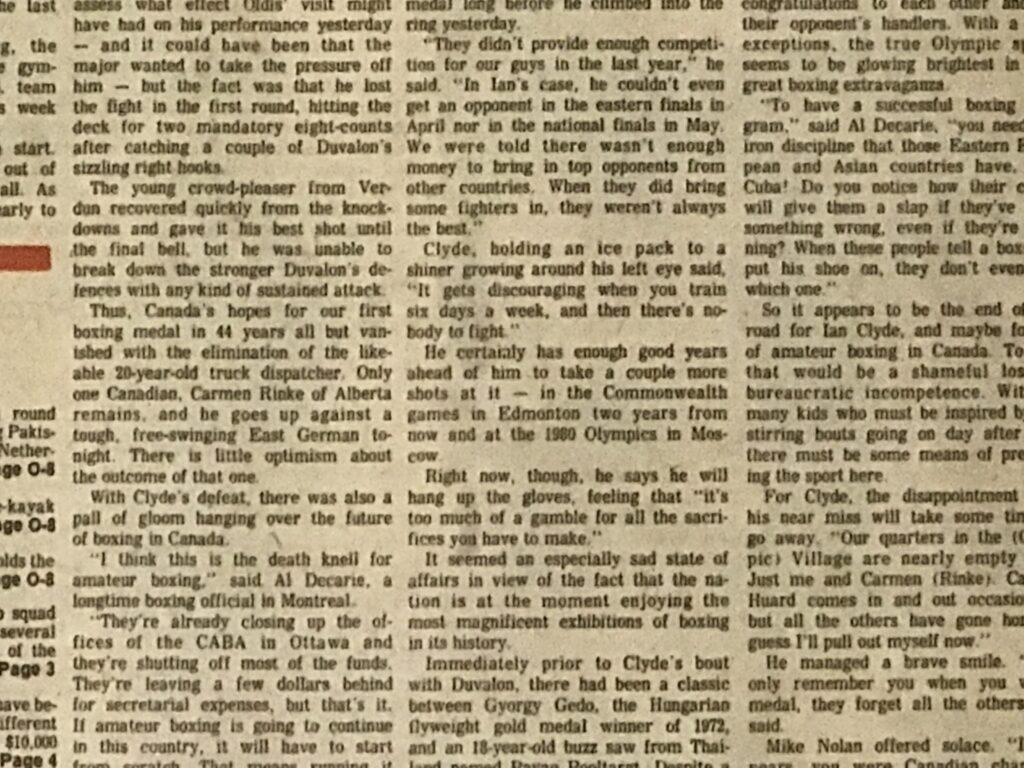
What exactly is propaganda and what events lead to it.
Propaganda is a type of information that is primarily misleading and biased. It is a strategy that has been used for a very long time especially in political environments.
American social scientist William W. Biddle published an extensive study on propaganda and its uses in the Journal of Abnormal & Social Psychology (1931). His study, “A psychological definition of propaganda,” analyzed propaganda used during the First World War and concluded that it was a mean of social control. It exposed how propaganda was relying less upon techniques that helped individuals come to intelligent conclusions off the information they absorbed; Rather it opted for techniques which lead to individuals following non-rational emotional drives.
Biddle also identified four main principles that successful propaganda adheres to:
- Rely on emotions, never argue
- Cast propaganda into the pattern of ‘we’ versus an ‘enemy’
- Reach groups as well as individuals
- Hide the propagandist as much as possible.

World War I
World War I propaganda was very visually driven
Posters were a very common strategy used to circulate propaganda
Strong words and images were used to evoke an emotional connection to the public and promote the war efforts. One of the more notable example of this was the now iconic “I Want YOU for the U.S Army” poster which had an image of Uncle Sam pointing at the viewer.
“free trip to Europe,” “the greatest event of their lives.”
Aussie Propaganda

World War II
World War II propaganda was significantly more advanced.
Technology advanced very quickly after the outbreak of the war in 1939.
Countries involved now had access to a widespread of technologies to diffuse their propaganda. Canada had its national broadcasting corporation (CBC) and Nazi Germany had created the Reich Ministry of Public Enlightenment and Propaganda. This ministry controlled the vast majority of radio, films and press.
propaganda should be “aimed at the emotions”
Adolf Hitler